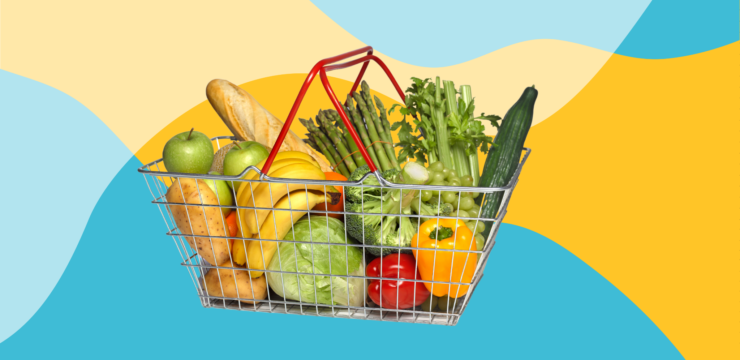The organic food movement has gained momentum in recent years, with more people opting for produce, dairy, and meats grown without synthetic pesticides, antibiotics, or genetically modified organisms. But what would happen if everyone made the switch to organic? While the idea sounds promising, it’s important to explore the potential benefits and challenges from a realistic, balanced perspective.
1. Increased Demand for Organic Farming
If everyone ate organic, demand for organic farming would rise significantly. This could lead to more sustainable agricultural practices, better soil health, and reduced chemical runoff into water supplies. Organic farming tends to prioritize biodiversity and environmentally friendly methods.
2. Potential Health Benefits
Eating organic may reduce exposure to certain synthetic pesticides and additives. While the nutritional difference between organic and conventional foods is still debated, some people prefer organic options for peace of mind and food quality.
3. Higher Food Costs
Organic products often cost more due to stricter farming practices and certification requirements. If everyone switched to organic, supply might increase, potentially lowering prices over time. However, affordability would still be a concern for many families.
4. Impact on Food Accessibility
Not all communities currently have easy access to organic options. A universal shift could encourage better distribution and support for local organic farmers, but equitable access would need to be addressed.
5. Environmental Considerations
Organic farming typically uses fewer synthetic chemicals and promotes healthier ecosystems. However, organic methods may require more land to produce the same yields as conventional farming. Balancing environmental benefits with land use efficiency would be key.
6. Shift in Agricultural Practices
A large-scale shift could push innovation in organic farming techniques, making them more efficient and scalable. It could also encourage education and training for farmers transitioning from conventional methods.
7. Consumer Awareness and Choice
More people eating organic could lead to increased awareness about food sources, farming practices, and sustainability. However, it’s important that consumers continue to have choices that align with their budget and values.





